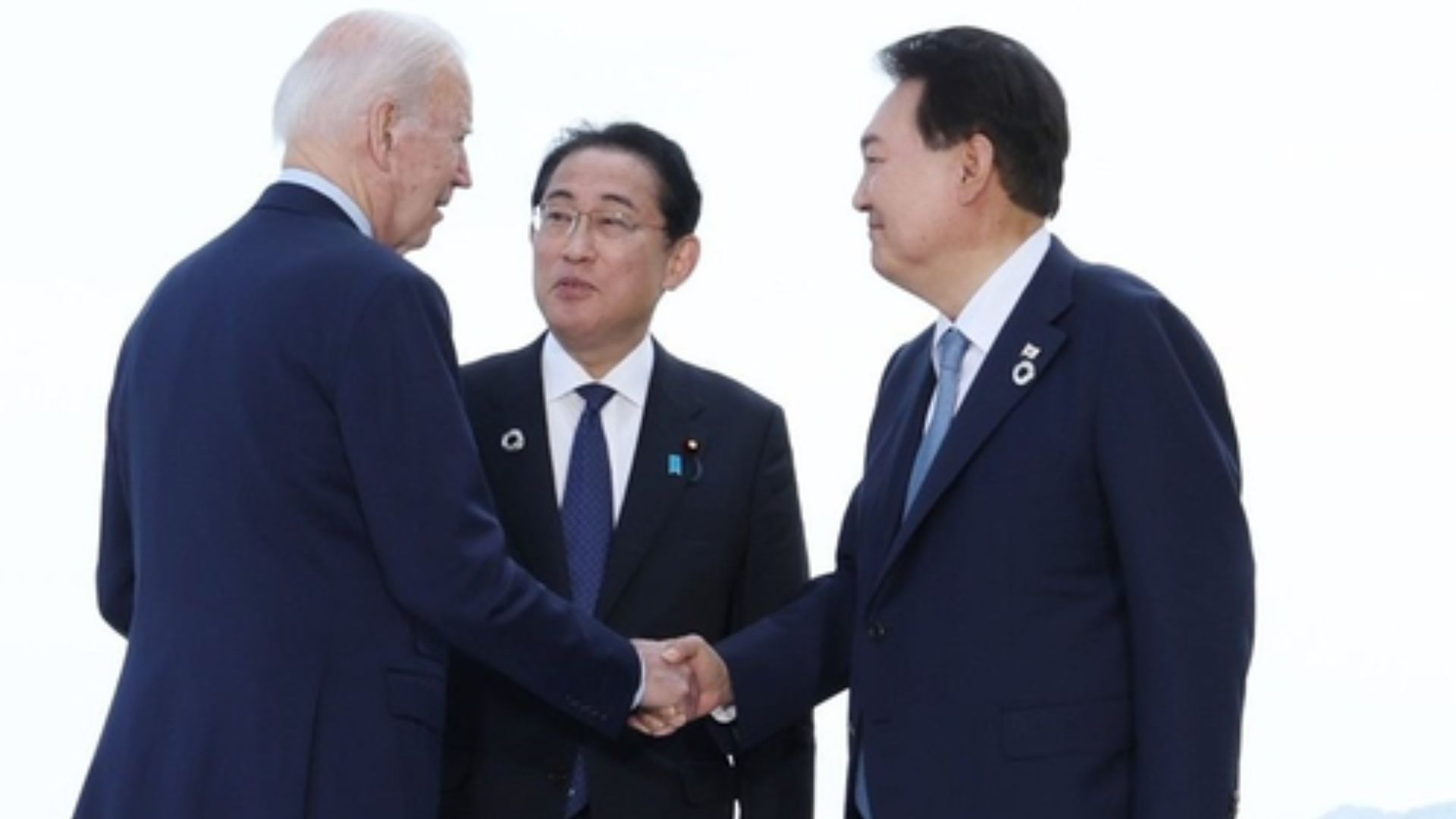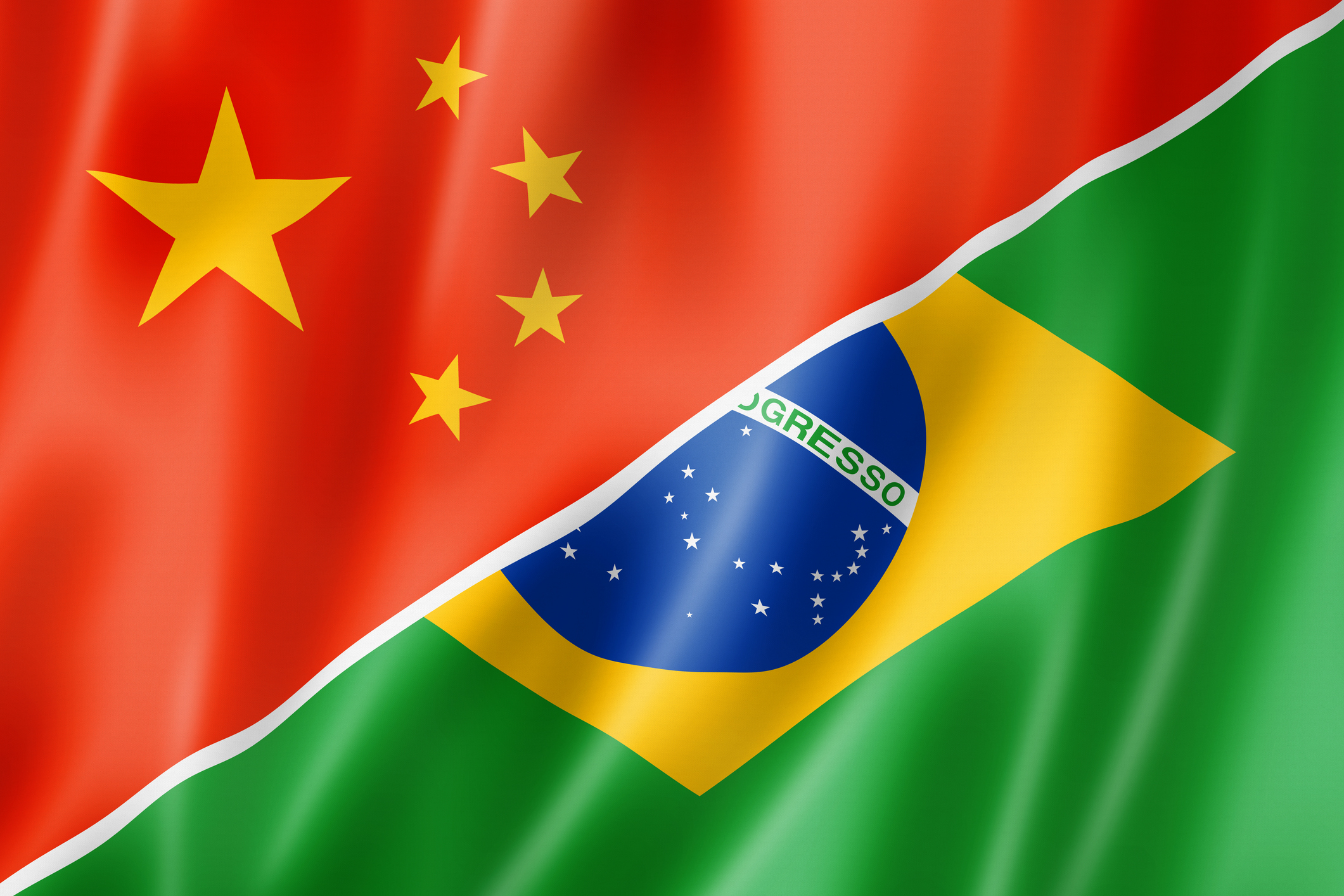In a significant move to strengthen regional alliances and foster cooperation, President Joe Biden will host a historic summit at Camp David next month, welcoming the leaders of Japan and South Korea. The meeting, scheduled for August 18, marks a momentous step in the journey to set aside decades of tensions and mistrust between the two Asian nations, while also affirming the United States’ deepening commitment to the Indo-Pacific region. With the threat posed by North Korea and China’s assertive territorial moves in focus, the three leaders are poised to discuss ways to bolster security, promote a rules-based international order, and advance economic prosperity. This summit, which emerged from an informal encounter at the Group of Seven summit in May, seeks to forge a shared trilateral vision for addressing global challenges and strengthening regional ties.
History of Tensions and the Road to Reconciliation:
Decades of historical animosity between Japan and South Korea have posed significant challenges to regional stability. Diplomatic relations have been strained, with North Korea’s nuclear saber-rattling exacerbating the situation. However, President Biden’s efforts to bring the two nations closer together have shown promising results. During the Hiroshima summit, a brief photo-op set the stage for greater engagement and paved the way for this groundbreaking summit at Camp David. The move signals a shared willingness to set aside past grievances and focus on a future of cooperation and collaboration.
Expanding Trilateral Cooperation and Addressing Regional Security:
With China’s assertiveness in the region and North Korea’s continued nuclear provocations, the leaders of Japan, South Korea, and the United States understand the need for a united front. The upcoming summit will explore avenues to expand trilateral cooperation, not only in the Indo-Pacific but also beyond, fostering stability and prosperity. Critical topics on the agenda include discussions on the threat posed by North Korea and strengthening ties with ASEAN and Pacific island nations. By advancing a shared vision for addressing global and regional security challenges, the leaders aim to solidify a rules-based international order, thereby promoting peace and prosperity for all stakeholders involved.
Aiming for Unity Against North Korea and China’s Assertiveness:
As North Korea’s weapons development and territorial ambitions continue to sow unrest in the region, South Korean President Yoon Suk Yeol has sought to forge stronger ties with the United States and mend relations with Japan. Recognizing the urgency to address these challenges collectively, the summit at Camp David presents an opportunity for the three leaders to strategize and coordinate their efforts against the continued threat posed by North Korea. Additionally, China’s assertive actions in territorial disputes necessitate a cohesive response to safeguard regional stability and uphold international law.
The summit holds significant importance in the context of historical tensions between Japan and South Korea, as it signifies a turning point in their relations. The leaders will discuss ways to expand trilateral cooperation in the Indo-Pacific and other regions to address various security challenges. One of the primary concerns is the threat from North Korea’s nuclear developments, prompting South Korea to seek stronger ties with the US and reconciliation with Japan. In addition, the summit aims to form a united front against China’s assertive territorial moves that have been causing regional instability.
















